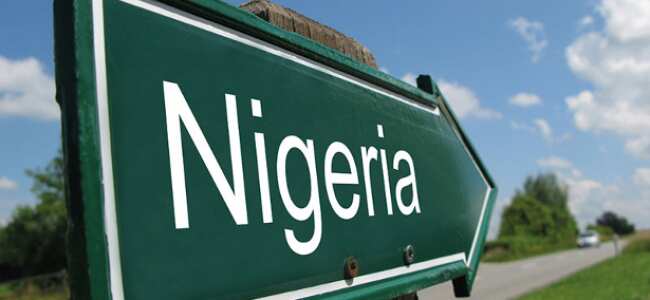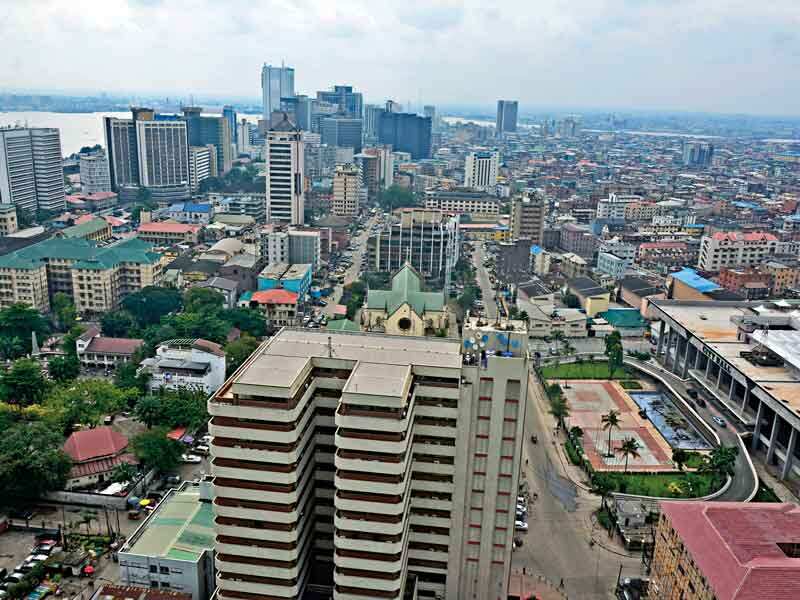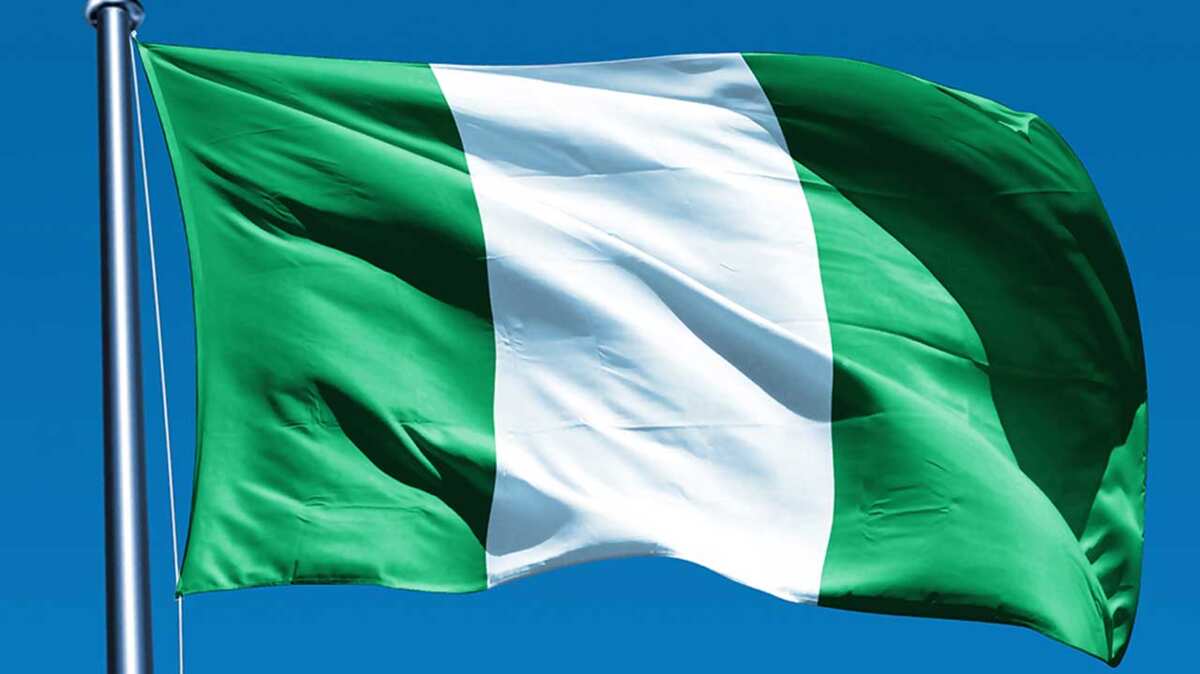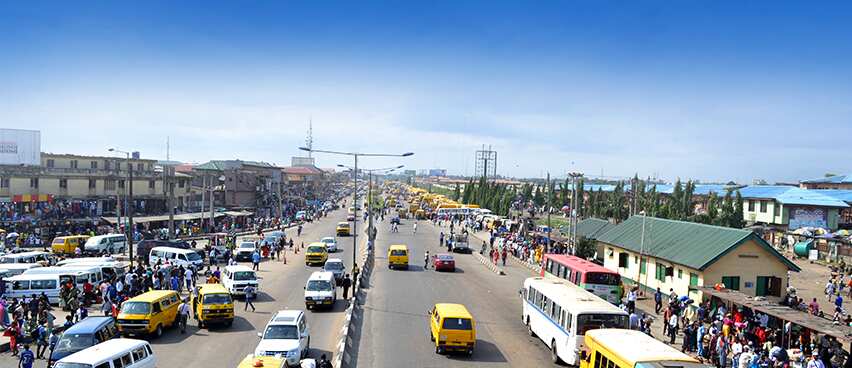The foreign policy in Nigeria was shaped for many years before it achieved a decent state. Still, there are a lot of factors affecting Nigerian foreign policy, and we are going to analyze them today. Read about the determinants of the foreign policy in Nigeria and where they came from!

Photo: nidomd.org
What are the factors affecting foreign policy in Nigeria?
First of all, before we start talking about the internal and external factors affecting Nigerian foreign policy, we will have to give this term a definition. Foreign policy is a certain set of principles, which the nation has adopted and later followed for the implementation and security of its goals on the international arena. Through foreign policy, the international relationships between countries and nations are established and developed. Every nation has its own goals which they are trying to secure through the national power exercise.
To understand what are the factors affecting Nigerian foreign policy, we will need to conduct a detailed analysis of its shaping and development. It is significant to understand the context of forming Nigerian foreign relations. Our country has been independent for almost sixty years. There were two main phases of development that Nigeria went through: the first one was the authoritarian rule of the military, while the second one was the transitional democratic civilian rule. Naturally, both of them have had different characteristics and contradicted each other.

Photo: worldfinance.com
The formulation of foreign policy in Nigeria has both internal and external factors. First of all, we should have a look at some internal factors and see how they have influenced politics of Nigeria.
Internal factors affecting Nigerian foreign policy
- History. This factor can be called internal, because it was formed inside Nigeria, regarding the policies that have been established over time. History is a factor that influences Nigeria’s relations with other countries, based on their long-time interactions. For instance, Nigeria has got strong connections with Great Britain, as well as a few countries from Western Europe, because of the colonization experience of our country.
- Existing policies. Nigeria has some policies established, which are not too easy to change. Namely, those are domestic policies, as well as those which concern the other countries. These policies influence Nigeria’s relationship with other countries in different ways. Example provided, if the country that Nigeria has a troubled relationship with has been establishing relations with the other country, then Nigeria will also regard it from the perspective of “befriending its enemy”. On the other hand, if the country that has a good relationship with Nigeria becomes allies with some other nation, then it will also become Nigeria’s ally.
- Historical traditions. These factors have very similar effects as the previous ones. Naturally, Nigeria will have a closer international relationship with those countries who share similar beliefs and traditions, than with those which are completely different.
- Population. Nigeria has a very large population, and we all know that we are officially the largest country in Africa by this factor. This is one of the big determinants of foreign policy, as well as the diversity of the population, which is our next point.
- Ethnic and religious diversity. The diversity is a good thing because no two people, groups, or nations can be completely the same, and each one can contribute something. However, this is also a risky thing, because of how much the beliefs and traditions of various ethnic and religious groups differ. Quite often, the diverse communities are unable to reach a simple consensus when it comes to certain issues or questions to solve.
- Economy. Nigeria is a country of a mixed economy with the middle income. It has a market that is gradually emerging, and the manufacturing, technology, service, financial, communication, and entertainment sectors are also expanding. Technically, Nigeria has one of the biggest economies in the world. However, the country has serious economic problems because of the uneven contribution of the sectors, as well as problems like corruption.
- The personality of the leaders. Every country needs a strong leader who knows what to do in the international arena, and how to make the other countries their ally. The leader needs to have critical thinking, understanding of the situation, charisma and persuasion skills. The person, who leads the country, as well as his or her surroundings, should have a plan of raising and taking care of the economy and the other branches of the country’s sustenance.
- Public opinion. All the countries are defined by the opinions that the people hold. The views, which are generally held by Nigerian people, quite often are considered to be the objectives of the nation’s foreign policy.
READ ALSO: Gender inequality in Nigeria - Educational system

Photo: guardian.ng
These are the major internal, or domestic factors, which hold influence on the Nigerian foreign policy. However, there are also some external factors, which we can analyze as well.
External factors that affect foreign policy in Nigeria
The external factors consist of all the other information, which do not depend on the policy precedents of the country, or other countries and their policies. These factors are the following:
- Economic interest. Each country which wants to trade with the foreigners needs to build a strong base of the trading partners. In fact, every single country needs these, because all of them have strengths and weaknesses based on their geographical location and climate. For example, it is impossible to grow tasty apples in a desert, or eat seafood when the country has no access to the sea. So, Nigeria has trading partners who are interested in solely Nigerian products.
- National interest. This point foresees the territorial integrity, social and economic developments, and the security of people’s lives. These factors have an influence on the foreign policy of the country.
- Strategic allies. Nowadays, everyone needs a friend to cover their back, because there are a lot of international alliances, and quite often they compete with each other. So, Nigeria needs the strategic allies to make sure that they will stand together against some common issues.
- Natural resources. Nigeria is home to one of the largest natural resources concentrations in the entire world. Even though the politics on these resources could use some improvement, this pride will not be taken away from Nigeria. It is home to the large amounts of natural gas, oil, iron, coal, zinc, limestone, lead, niobium, tin, and multiple other resources. Nigerian oil and gas sector brings large earnings to the country, and the exports of petroleum have extended 80% of the export revenue. The territory of Nigeria is very large, and in every state, there are different natural resources. This is why the foreign countries would like to trade with Nigeria and are ready to pay money for the natural goods of our native place.

Photo: ie.enterprisesg.gov.sg
Nigeria always needs to improve its foreign policy to become a more established country worldwide. Perhaps, if we take all these factors into consideration, we will be able to make things better.
READ ALSO: 10 major political problems in Nigeria
Source: Legit.ng
from Nigeria News today & Breaking Naija news ▷ Read on LEGIT.NG 24/7 http://bit.ly/2DtCoyA
via EDUPEDIA24/7
Comments
Post a Comment